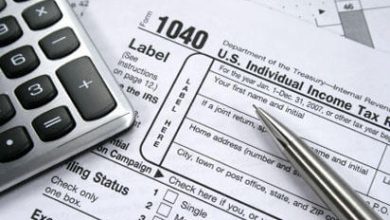How Big Is the Illegal Gambling Market?
As long as legal gambling takes place, there will also be operations running illegal games. The reason for this is apparent. By operating illegitimately, operators stand to earn many untaxed dollars.
The Illegal Gambling Market
All over the world, you can find underground gambling in many facets. Whether governments take an official stance with regulations or not, you’ll find illegal casinos, unlicensed sports betting, unauthorized lotteries, animal fights, as well as underground poker venues.
A Historical Look at Legalized Gambling
Realistically, all forms of gambling were unlicensed until a few hundred years ago. Humans have always enjoyed the idea of risk-taking and placing wagers on events with uncertain outcomes. The idea of winning a bet is alluring, no matter who you ask. It celebrates the uncertainty of life.
As far back as 1000 BC, gambling houses were all over China, and these mainly involved organized animal fights. Operators made a profit from taking a cut from winnings. The societal structure was very different in those days, so it’s unfair to say that these establishments operated illegally.
From the 10th century, dominoes and lotto tickets were found all over Asia and the Middle East. These tokens would have been used for private games, historians suggest. The world’s first known casino, Ridotto of Venice, began operations in 1638. Because the doges of the city-state permitted its use and collected taxes from it, the Ridotto was running legally.
In the early 16th century, essentially all forms of gambling were outlawed. However, under English common law, a legal journey began, which eventually led towards heavy regulation. Governing Christian powers in Western societies meant that gambling has always come under heavy scrutiny. Although the ride to legalization was steady, albeit fluctuated in the UK, things were slower to develop in the US.
The Illegal Gambling Market Today
The legal gambling industry is on the rise, but it’s still far behind when compared to the illegal market. According to a report from the UN Office on Drugs and Crime, global illegal sports bets make up $1.7 trillion yearly. Often, these funds go to organized crime groups for the purpose of money laundering.
In comparison, the legal industry clocked in around $40 billion in 2020. A considerable portion, about $35 billion, comes from Asia and Europe. In North America, the big picture is a blur at the moment as more states move to legalize sports betting.
One sport Americans frequently place illegal bets on is football. Here, you’ll see an amount totaling between $60 to $80 billion annually. As for baseball, unregulated bets make up around $40 billion.
A 2020 American Gaming Association study found that more than half of sports bettors participated in illegal bets. Most of them were not even aware that the operators were illegal.
Cryptocurrencies play a big role in enabling surreptitious payments on the illegal front. In this regard, the UN report has made a recommendation that governments work hand in hand with payment companies to identify illegal transactions. Countries are also held responsible for developing systems to regulate betting companies further.
Generating Revenue for Governments
The main reason gambling has moved from illegal operations to a regulated industry is to generate income for governments that house these profitable companies. Illegal gambling statistics make it clear that unregulated gaming is a big untapped market, and the legalization of sports betting will result in states earning a healthy tax revenue.
As online casinos and sports betting gain popularity in today’s world, states have to continuously draw new governing laws to keep up with taxes. It goes without saying, but wherever laws are in place, there will always be parties that resist in order to gain a bigger cut of profits.











